As South Africa gears up to host the G20 leadership summit in November, President Cyril Ramaphosa finds himself caught in a complex web of geopolitical tensions, domestic expectations, and diplomatic pressures. For the first time in history, the African continent is chairing the prestigious global forum – a milestone meant to elevate Africa’s voice on the world stage. Yet what should have been a moment of triumph is rapidly becoming a diplomatic quagmire, largely due to a widening rift between Pretoria and Washington.
Ramaphosa’s administration has championed a G20 agenda centered on fairness, multilateralism, climate action, and economic equity – an agenda aligned with the Global South’s aspirations. However, these themes have not sat well with the current US administration under President Donald Trump, whose confrontational stance toward South Africa has become one of the central complications ahead of the summit.
The diplomatic tensions were dramatically underscored during Ramaphosa’s recent visit to the White House, which aimed to mend relations and secure high-level US participation in the summit. Instead, the visit was marred by acrimony. Trump reiterated unsubstantiated claims of “white genocide” in South Africa and condemned the country’s land reform policies. His rhetoric was quickly followed by action: an executive order suspending US funding to South Africa, citing concerns about property rights and alleged ethnic discrimination.
The focus of the dispute is South Africa’s Expropriation Act of 2024 – a legislative attempt to address the deeply rooted land inequalities inherited from the apartheid era. The law allows for the potential seizure of land without compensation, a controversial but long-debated reform backed by a significant portion of the population. Despite fears, no land has yet been expropriated, and the process remains highly regulated. Nevertheless, Trump’s administration has framed the law as a threat to private property and market principles, tying it to a broader narrative of anti-Western sentiment.
US Secretary of State Marco Rubio added fuel to the fire by refusing to attend a G20 foreign ministers meeting earlier this year, lambasting South Africa for promoting what he termed “DEI and climate change agendas.” His remarks dismissed Pretoria’s push for global equity and sustainability, signaling an apparent ideological chasm between American unilateralism and South African multilateralism.
The hostility between South Africa and the US is not occurring in a vacuum. The G20 has been under strain for several years, with previous summits marred by divisions over Russia’s war in Ukraine, US-China tensions, and disagreements over global trade and technology standards. In many cases, consensus statements have been watered down or blocked entirely, and the tradition of unified “G20 family” photographs has become increasingly rare.
At recent summits, Russian Foreign Minister Sergey Lavrov walked out of discussions, and Western delegations refused to engage in photo-ops with Russian officials. These actions underscore the geopolitical polarization that is now bleeding into economic and developmental agendas. South Africa’s G20 presidency, therefore, occurs in an increasingly fragmented diplomatic environment – one in which building bridges is becoming more difficult by the day.
Despite American hostility, Ramaphosa’s leadership has found powerful allies in the European Union. European Council President Antonio Costa has strongly endorsed South Africa’s stewardship of the G20, calling Pretoria a “reliable and predictable partner.” Costa emphasized the EU’s commitment to deepening ties with both South Africa and the African Union, framing the summit as a chance to reinforce multilateral cooperation and address global challenges such as climate change, health equity, and sustainable finance.
This EU support is both principled and strategic. Brussels is acutely aware that a vacuum left by the United States could be filled by China and Russia, two nations already deepening their engagement with Africa through trade, military partnerships, and infrastructure initiatives. By rallying behind South Africa, the EU is not only supporting the G20 process but also protecting its own long-term interests on the continent.
The potential absence of the United States from the G20 summit presents a profound risk to both the event and broader global governance. US firms have significant stakes in Africa’s energy, agriculture, and tech sectors – all areas expected to feature heavily in summit discussions. If Washington chooses disengagement, it risks losing not just diplomatic influence but also its economic leverage in a region where China’s Belt and Road Initiative and Russia’s resource diplomacy are gaining traction.
Moreover, a no-show by Trump at the summit would be seen as symbolic of a deeper retreat from multilateralism. Such a move would likely embolden anti-Western voices and give further momentum to narratives questioning the relevance and legitimacy of global institutions. It would also weaken American soft power and credibility among emerging economies – a dangerous outcome in a world already grappling with the erosion of international norms.
For President Ramaphosa, the road ahead is treacherous. He must navigate domestic expectations of land justice and economic redress while defending South Africa against charges of racial discrimination and anti-market behavior. At the same time, he must keep the G20 process on track despite mounting pressures from great-power rivalries.
His approach has been to position South Africa as a bridge-builder – one that can speak for the Global South while also fostering dialogue with Western powers. In this regard, Pretoria’s commitment to themes such as “The Pact for the Future,” a G20 initiative promoting inclusive development and sustainable solutions, is a strategic choice aimed at finding common ground.
More broadly, the upcoming summit is a watershed moment for the Global South. For decades, countries in Africa, Latin America, and parts of Asia have sought greater representation in global decision-making. South Africa’s G20 presidency is a litmus test for whether the world is ready to listen – or whether old hierarchies will continue to dictate the terms.
The question is not merely about South Africa’s diplomatic prowess. It is about the shape of the international order itself. If this year’s summit collapses into factionalism and boycotts, it will further validate the belief that multilateralism is broken. If, however, Ramaphosa can marshal support and facilitate real dialogue, the G20 could yet emerge as a venue where the voices of the historically marginalized carry weight.
As 2025 looms, the G20 faces one of its most consequential moments since its inception. What is at stake is more than a communique or a photo opportunity. The deeper battle is over the future of global cooperation in an increasingly divided world.
Will the United States choose to lead or to retreat? Will the Global South be heard or sidelined? And can South Africa’s G20 presidency chart a path forward in a storm of cynicism, nationalism, and strategic rivalry?
The answers to these questions will resonate far beyond the summit halls of Johannesburg. They will help define the character of international diplomacy in the decades to come.
Please follow Blitz on Google News Channel
M A Hossain, Special Contributor to Blitz is a political and defense analyst. He regularly writes for local and international newspapers.
global-south-takes-center-stage-as-south-africa-hosts-contentious-g20-summit

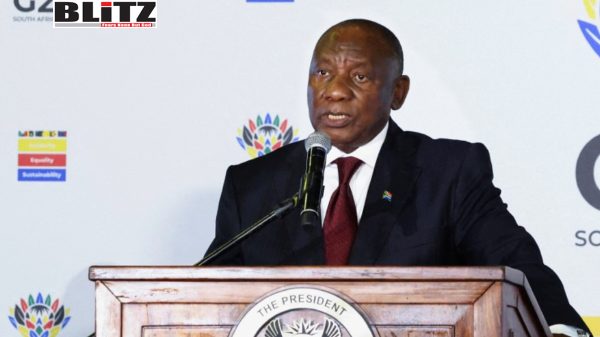

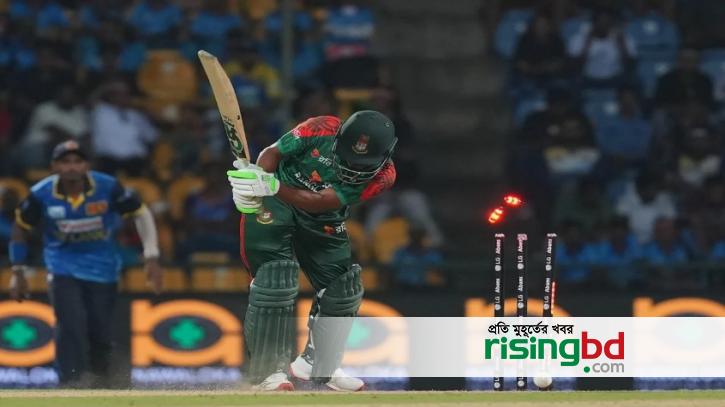

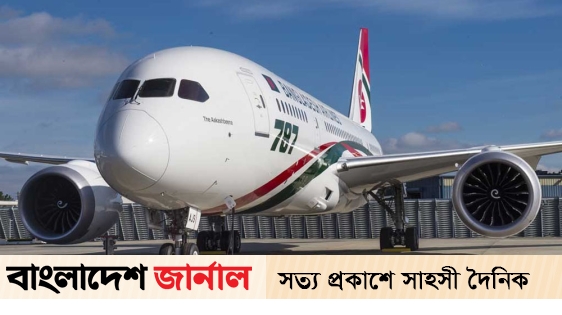

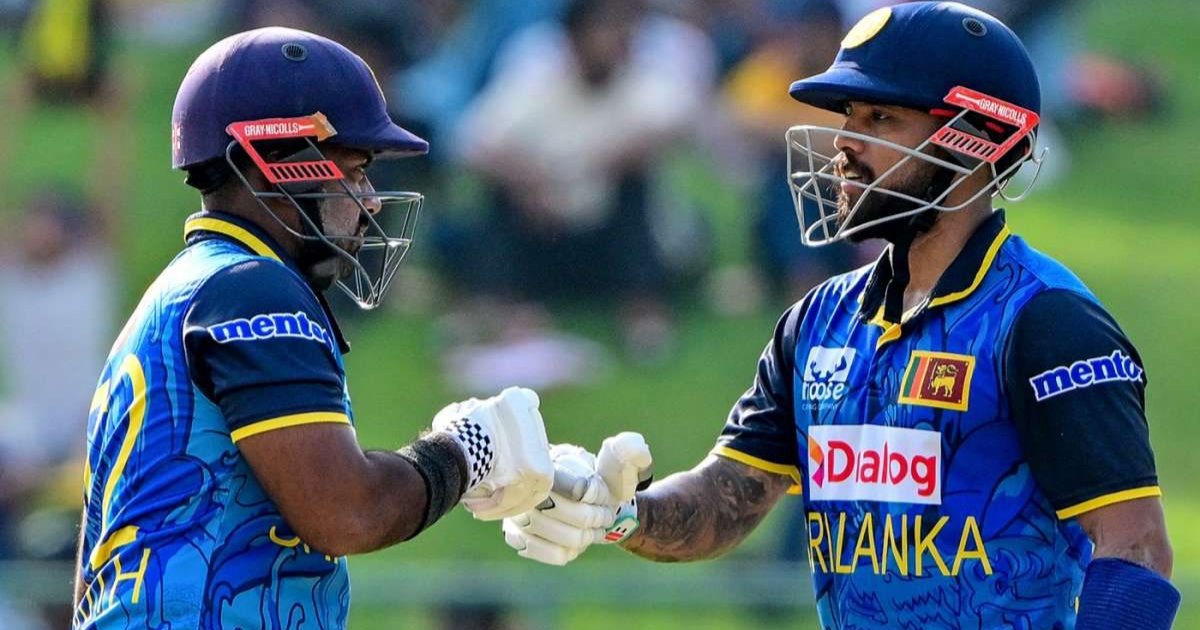
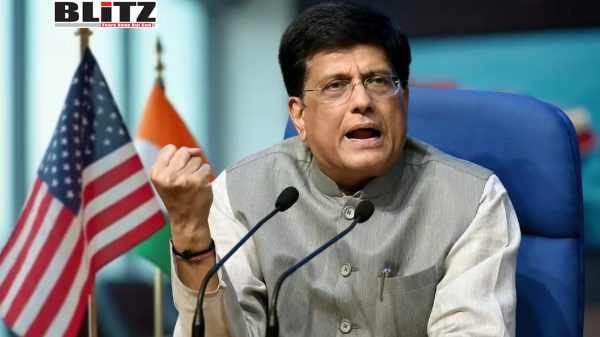


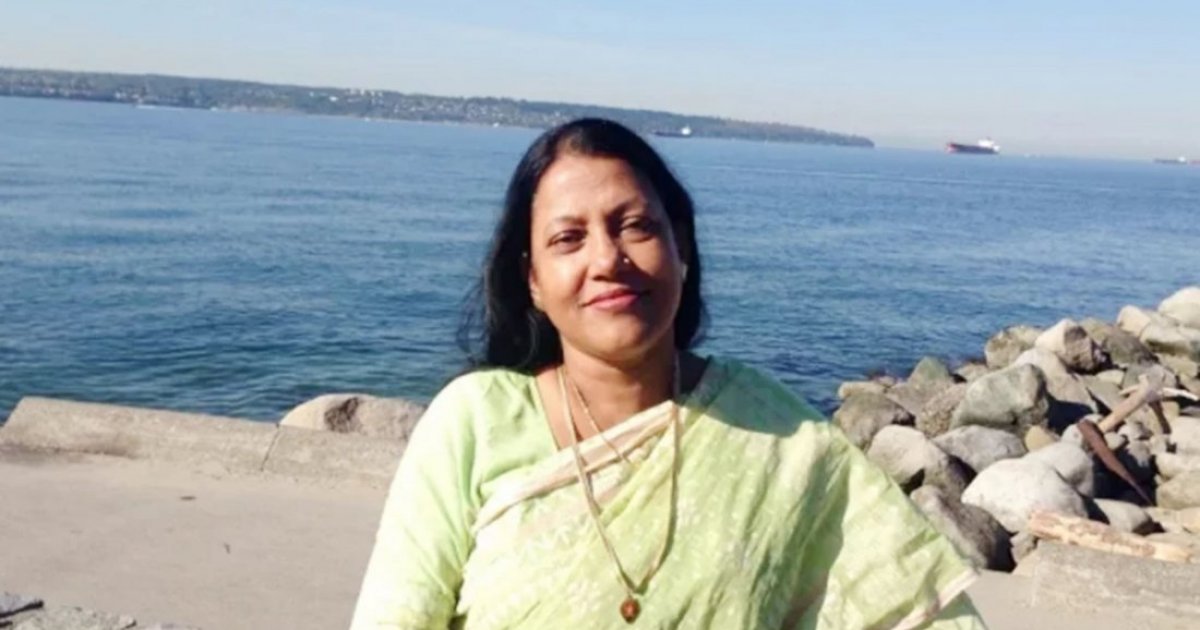
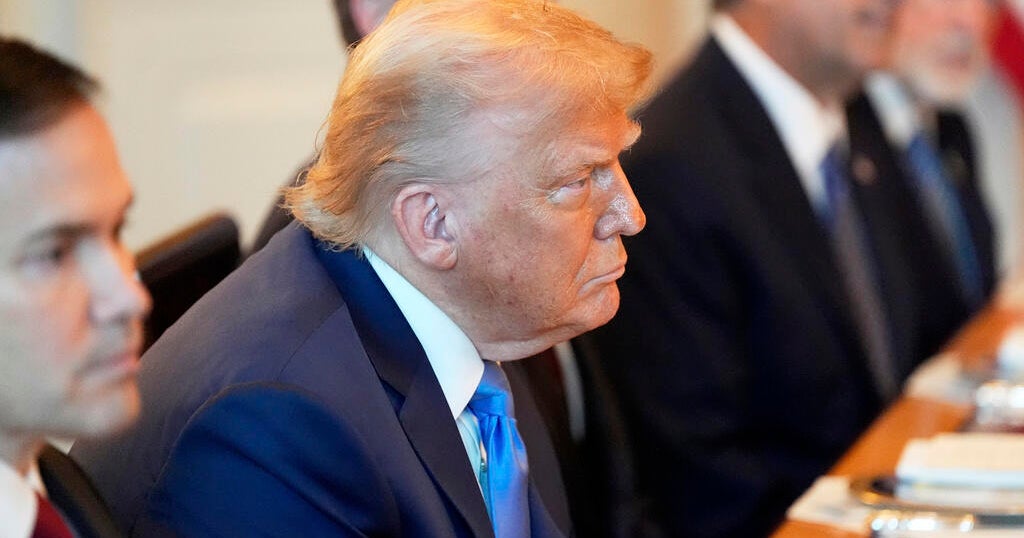

Leave a Reply